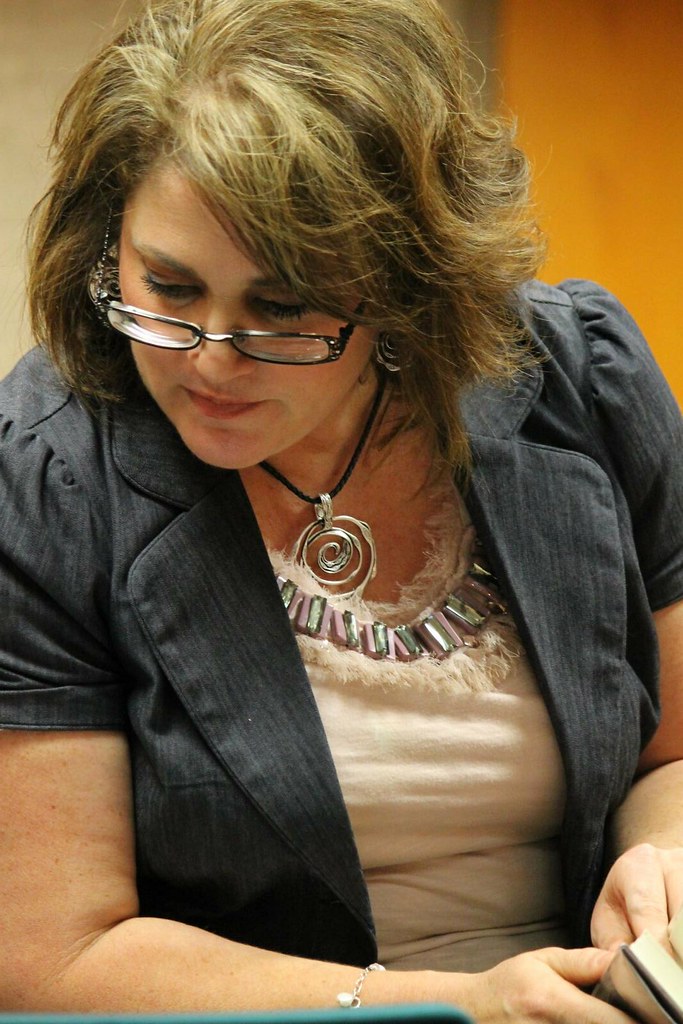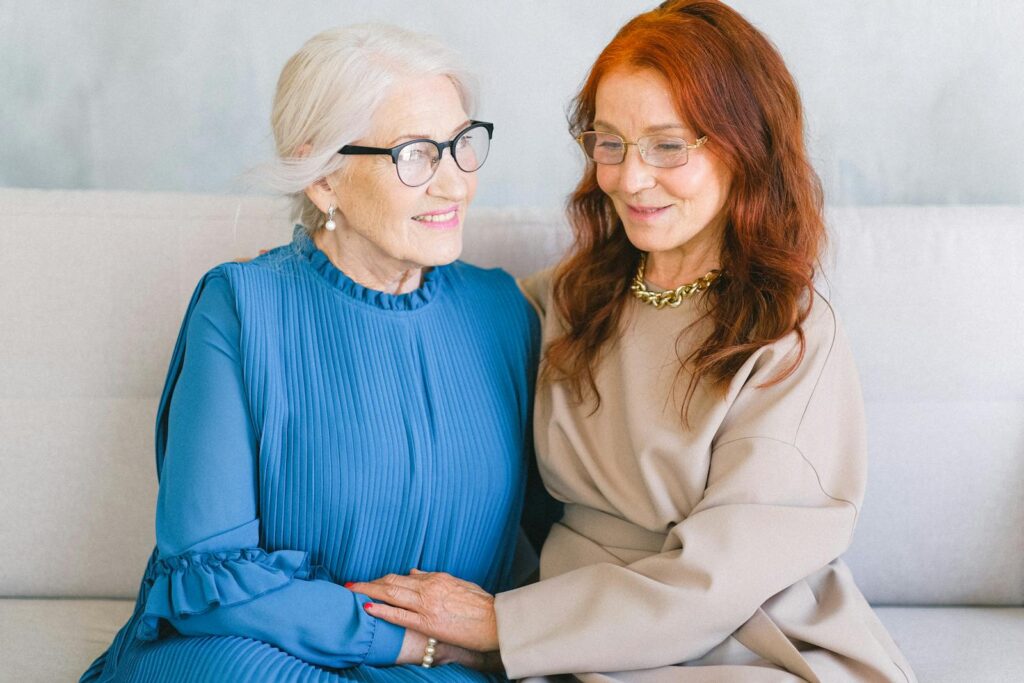
The business landscape in Chicago and urban centers across the country continues to undergo a transformation driven by economic forces and quality of life concerns. Amid this dynamic, a high-profile move by one of Chicago’s most prominent figures has attracted widespread attention and become the focus of discussions about the future vitality of traditional urban centers.
Ken Griffin, the billionaire founder and CEO of hedge fund Citadel, completed his company’s relocation from Chicago to Miami in 2022. The move involved not only the physical transfer of Citadel’s business, but also the relocation of Griffin’s personal residence to South Florida.
Griffin said concerns about Chicago’s violent crime rate were a major factor in his decision. The hedge fund manager, an outspoken critic of Chicago, blamed rising crime rates and falling real estate values on “failed political leadership in Illinois.”
He specifically cited incidents, such as a colleague being robbed at gunpoint while drinking coffee, as exacerbating the environment that prompted his relocation. Citadel was not alone in making this decision, with other major companies such as Boeing, Caterpillar and Tyson Foods also moving out of Chicago around the same time.
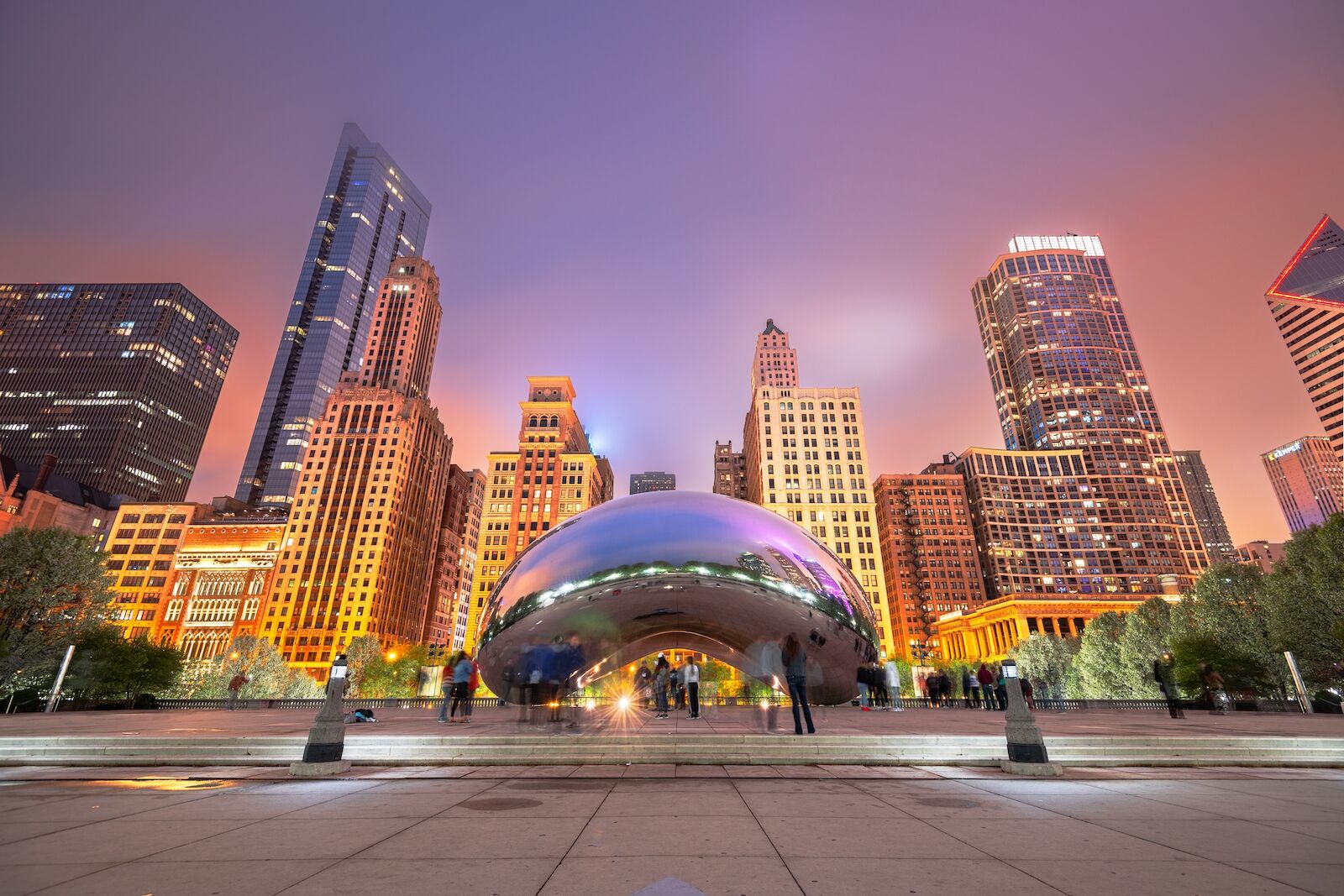
In parallel with the corporate exodus, Chicago’s luxury real estate market has also faced significant headwinds, reportedly in a “downward spiral” since 2021. The recession has particularly affected luxury condos.
Griffin himself is a prominent example of this trend, having sold some of his Chicago penthouses at a huge loss. Last month, he sold the 37th and 38th floors of the Walton 9 condo building, which he paid more than $34 million for in 2017.
The two units sold for a combined $19 million ($9 million for the 38th floor and $10 million for the 37th). The sale represents a loss of about 44% compared to what he originally paid for the floors.
Cook County property records confirm that Griffin paid $21 million for the top floor (7,500 square feet, six bedrooms) and $12.7 million for the lower floor (five bedrooms) in 2017. Notably, both units were unfinished and Griffin reportedly never lived in them.
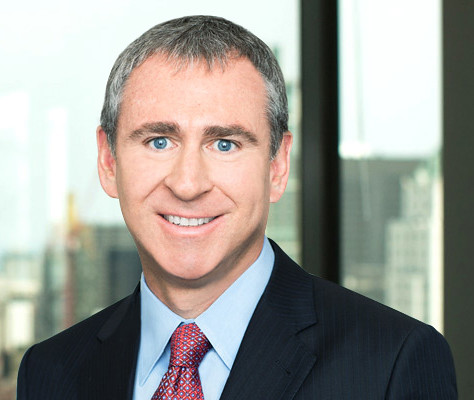
While Griffin’s team considers his sale “a small loss compared to the appreciation of his real estate investments in Florida,” local brokers consider it an “obvious sell-off” that could worsen the overall market’s perception of property values.
The challenges facing Chicago’s luxury apartment market extend far beyond Griffin’s situation. Data shows that transaction volume and prices for high-end properties are generally on a downward trend.
According to a report by brokerage firm @properties, the median price of Chicago apartments sold for more than $1 million fell 9.1% in the third quarter of 2024 compared with the same period in 2021. In addition, the number of homes sold in Chicago for more than $4 million also fell 28%.

The median sale price for these high-end homes also fell from $5 million to $4.625 million. This is in stark contrast to the performance of high-end single-family homes over $1 million, which rose 14% during the same period.
Real estate agents attribute the start of this downward trend to 2020. That year was the peak of the pandemic, coinciding with Chicago’s lockdown and becoming the center of protests and violence related to the murder of George Floyd.
The summer of 2020 saw clashes between protesters and police and widespread looting. Nancy Taschen of Jameson Sotheby’s International Realty, who is handling the sale of Griffin’s penthouse, said this period of social unrest had lasting effects. “Once (social unrest) happened, we couldn’t recover from it,” Taschen told the Wall Street Journal.
Unlike cities like New York or San Francisco, where crime has rebounded, Chicago’s crime rate remains high. Although the number of murders in Chicago has dropped 26%, overall crime has increased 36% so far this year compared to the same period in 2020.
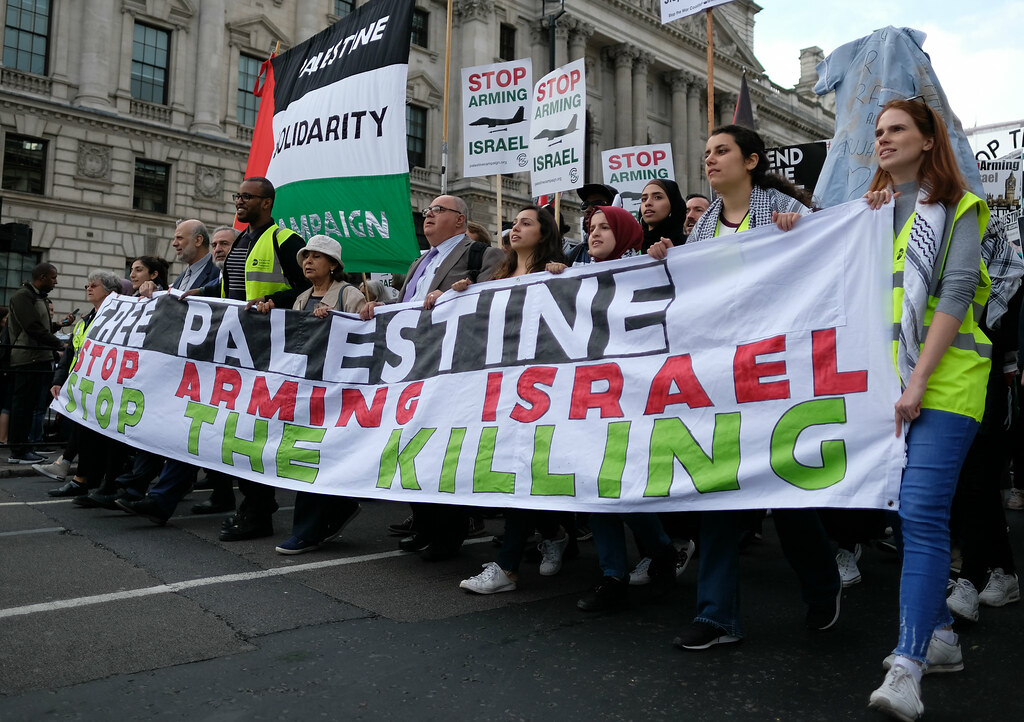
High interest rates and ongoing crime are cited as contributing to the market’s struggles. Tasson noted that these factors combined mean that “the high-end luxury market downtown has definitely been hit hard.”
The violence and unrest also reportedly scared off potential buyers, especially empty nesters from the suburbs who might have otherwise moved to downtown Chicago. Compass Real Estate agent Jeff Lowe observed that this group of people, who previously split their time between downtown and places like Florida or Arizona, began to “avoid downtown” after the pandemic.
However, some real estate insiders believe that crime is not the only reason for the decline in prices, especially in specific sales like Griffin’s penthouse. Engel & Völkers Chicago agent Jennifer Ames and developer Jim Letchinger believe that Griffin may have “overpaid” when he purchased the units in 2017, noting that the record $58.75 million he paid for the building’s four units was “well above anything Chicago has ever paid before.”
Chicago’s market structure is different than cities like New York or Miami, where international buyers significantly drive the condo market, Ames noted. Buyers in the Midwest tend to be more conservative, she added, saying, “Our market is not flashy, not like Beverly Hills.”
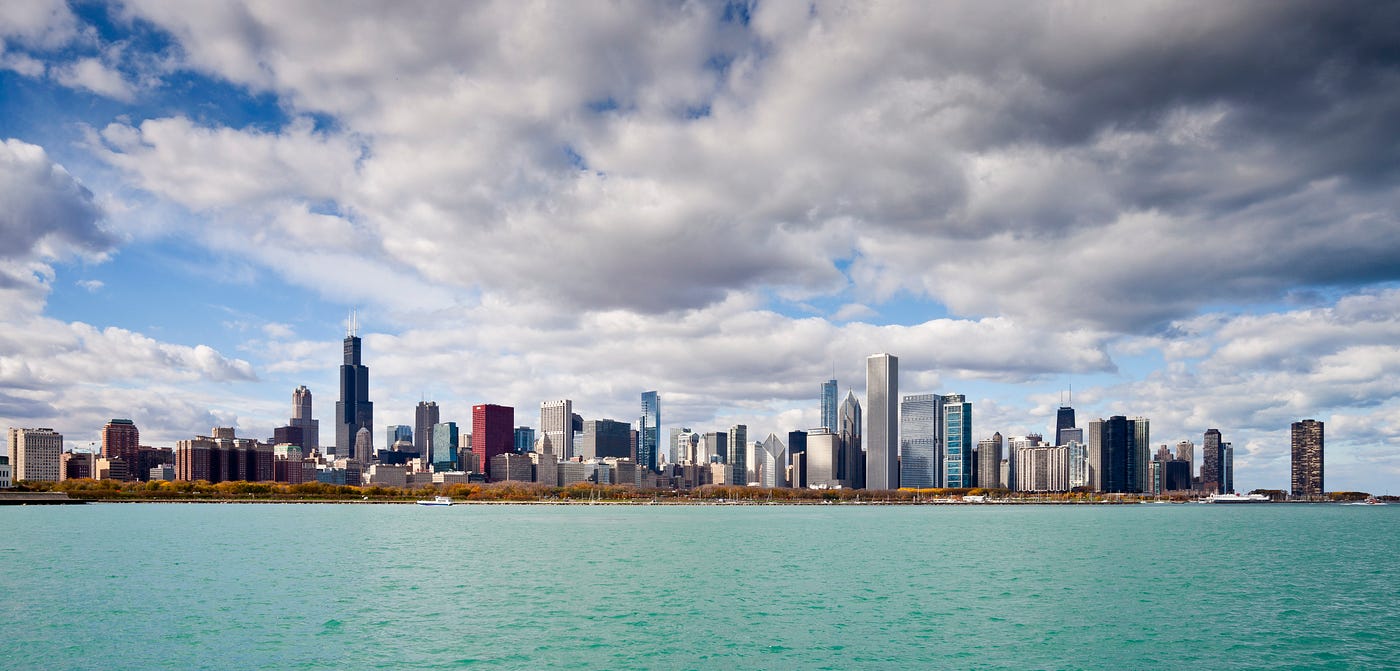
Letchinger commented that it was unusual for such high-priced units to find buyers in Chicago compared to New York or Palm Beach. Regarding Griffin’s sale, he surmised, “He just wanted to sell. Frankly, whether it was $5 million or $10 million, it didn’t matter to him.”
Condo developments have felt the effects of buyer safety concerns and a weak market firsthand. At Letchinger’s One Chicago, about 35% of the building’s 77 units remain unsold five years after the sale, despite strong initial buyer interest.
Letchinger described the sales process as “sensational” at the start, with 19 to 20 units sold in the first few weeks, but then a period of “not seeing anybody for a year and a half.” This led to price cuts, with some units marked down by 20%, while others were rented out.
Despite the difficulties, hope seems to be emerging in the market. Letchinger recently reported that 18 units have been sold at One Chicago in the past four months. Jeff Lowe also expressed cautious optimism, saying: “I think we are starting to bottom.” This suggests that prices have fallen enough to reflect “real value.”
/south-beach-miami-from-south-pointe-park--florida--usa-1137673992-cab605dc50664458b8cd538fa93e23ea.jpg)
Griffin’s influence extends far beyond real estate and company location. With an estimated net worth of $42 billion, he is recognized as a key figure in the financial world and national politics.
In 2022, he topped Institutional Investor magazine’s list of the top 25 hedge fund managers with a net worth of $4.1 billion, the highest in the list’s 22-year history. His hedge fund, Citadel, was founded in Chicago in 1990 and manages huge amounts of money and employs complex strategies.
Citadel is known for its “upstream” model, in which dozens of semi-autonomous teams manage specific portfolios, which is very different from traditional hedge funds managed by a single manager. The company focuses on technology, using superfast computers and advanced statistical models, and its staff has many PhDs from various fields.

Despite criticism from big names like Warren Buffett that hedge funds have generally underperformed passive index funds over the long term, wealthy individuals and institutions, including Harvard University’s endowment (31% of its funds are in hedge funds), continue to invest in hedge funds.
Griffin also has a significant influence in the political sphere. He is one of the largest donors to conservative candidates and causes in the United States, having donated $75 million in this election.
His donations have played a major role in gubernatorial races, including supporting Bruce Rauner in Illinois and Ron DeSantis in Florida. He is the second largest donor in the United States in this election, mainly supporting Republican House and Senate candidates.

The path forward for cities like Chicago involves addressing the multifaceted issues that contribute to perceptions of decline while adapting to the changing economic and social landscape that influences where wealth and opportunity choices flow.
Related posts:
NYC retains title of world’s wealthiest city — despite CEO warnings of high crime, filth
Midwest city’s real estate market is in crisis as billionaire sells off homes and crime soars
Ken Griffin takes a 44% loss selling 2 Chicago penthouses he never lived in as he moves to Florida

